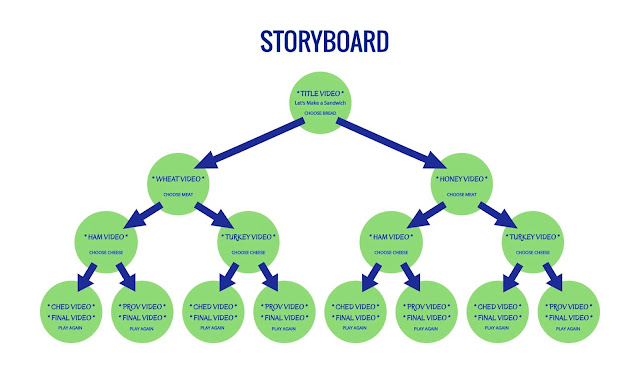Documentary Is / Not a Name - Reading Response
This reading response comes after reading + digesting "Documentary Is / Not a Name" (pp 68-77) in Documents of Contemporary Art: DOCUMENTARY
______________________________________________________
"Nothing is poorer than a truth expressed as it was thought." --Walter Benjamin
How interesting that this can be read in two different ways: expressed as (if) it was (a) thought (instead of reality) or expressed as (the way) it was thought (by a person).
In both contexts, the problem stands that "truth" is always going to be filtered through our perceptions of it. My truth of a situation is definitely different than another person's truth about the situation, and that's all based on my being a different input and output machine than everyone else. A scary situation for me might be a calm situation for you, but they are both the truth about the situation, or rather how we perceive our truths about the situation.
However, there can be more effective and less effective ways to convey the truth of a matter. If a truth is displayed but feels fictional or fleeting like a thought, then the viewer looses connection with the truth trying to be presented; it comes across as unsubstantiated information. Likewise, if a truth is presented just as a person thought it to be, then it also comes across as fleeting. In a nutshell, the evidence of the truth must be compelling enough to convince the viewer, without a doubt, that the truth you present is actually the truth.
Thinking back to Sans Soleil, I find myself captivated by the ability of the film to convince me that everything happened. The letters were real, the narrator was real, everything about the film was the truth. It wasn't until after I watched Sans Soleil that I looked up information about it and discovered that the letters and the cameraman were, in fact, fictional pieces of the story. The execution of the fictional pieces were so well done, and blended in nicely with what I expected a documentary to be, that I felt the truth in the film. The timelines, story, emotional dialog, and the homemade-feel of the images all came together to dupe me.
The idea that I'm contemplating the most is one of fictional aspects being used to depict, or even enhance, what we consider to be the truth. In a nutshell, all forms of art are detached from the truth, which would make them all lies -- if you're detached from the truth, you can't be the truth. However, what we are all trying to do is convey the truth as best we can, and with the resources and the knowledge we have at our disposal.
You want the truth? You can't handle the truth. Perhaps this is why, even in our own bodies, we do not experience things as they are, but as we perceive them. It's the truth as best as we can see, while also being the truth according to us individually.
______________________________________________________
"Nothing is poorer than a truth expressed as it was thought." --Walter Benjamin
How interesting that this can be read in two different ways: expressed as (if) it was (a) thought (instead of reality) or expressed as (the way) it was thought (by a person).
In both contexts, the problem stands that "truth" is always going to be filtered through our perceptions of it. My truth of a situation is definitely different than another person's truth about the situation, and that's all based on my being a different input and output machine than everyone else. A scary situation for me might be a calm situation for you, but they are both the truth about the situation, or rather how we perceive our truths about the situation.
However, there can be more effective and less effective ways to convey the truth of a matter. If a truth is displayed but feels fictional or fleeting like a thought, then the viewer looses connection with the truth trying to be presented; it comes across as unsubstantiated information. Likewise, if a truth is presented just as a person thought it to be, then it also comes across as fleeting. In a nutshell, the evidence of the truth must be compelling enough to convince the viewer, without a doubt, that the truth you present is actually the truth.
Thinking back to Sans Soleil, I find myself captivated by the ability of the film to convince me that everything happened. The letters were real, the narrator was real, everything about the film was the truth. It wasn't until after I watched Sans Soleil that I looked up information about it and discovered that the letters and the cameraman were, in fact, fictional pieces of the story. The execution of the fictional pieces were so well done, and blended in nicely with what I expected a documentary to be, that I felt the truth in the film. The timelines, story, emotional dialog, and the homemade-feel of the images all came together to dupe me.
The idea that I'm contemplating the most is one of fictional aspects being used to depict, or even enhance, what we consider to be the truth. In a nutshell, all forms of art are detached from the truth, which would make them all lies -- if you're detached from the truth, you can't be the truth. However, what we are all trying to do is convey the truth as best we can, and with the resources and the knowledge we have at our disposal.
You want the truth? You can't handle the truth. Perhaps this is why, even in our own bodies, we do not experience things as they are, but as we perceive them. It's the truth as best as we can see, while also being the truth according to us individually.

Comments
Post a Comment